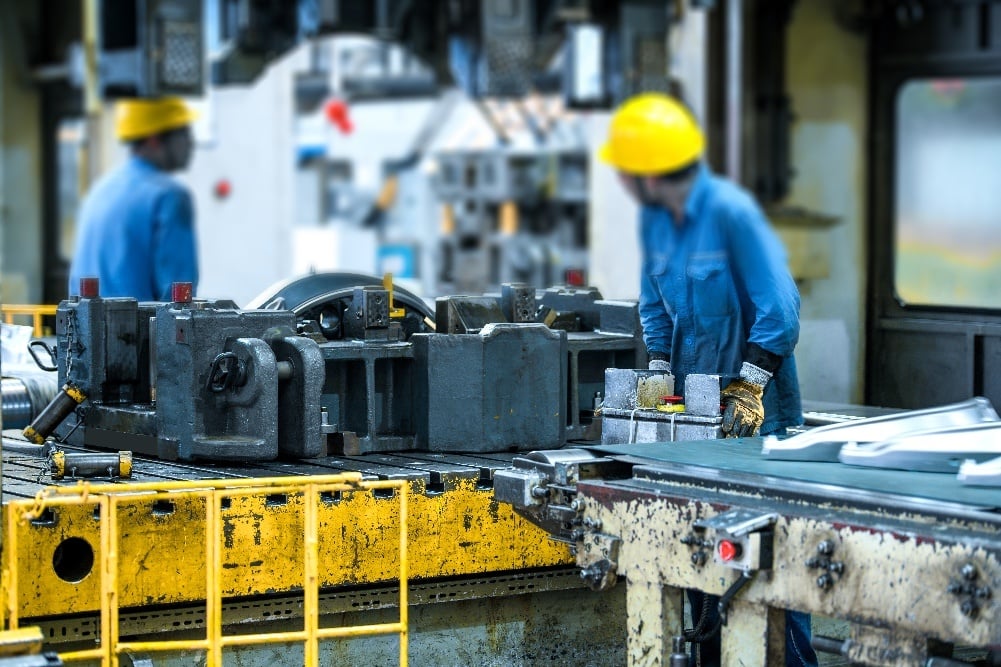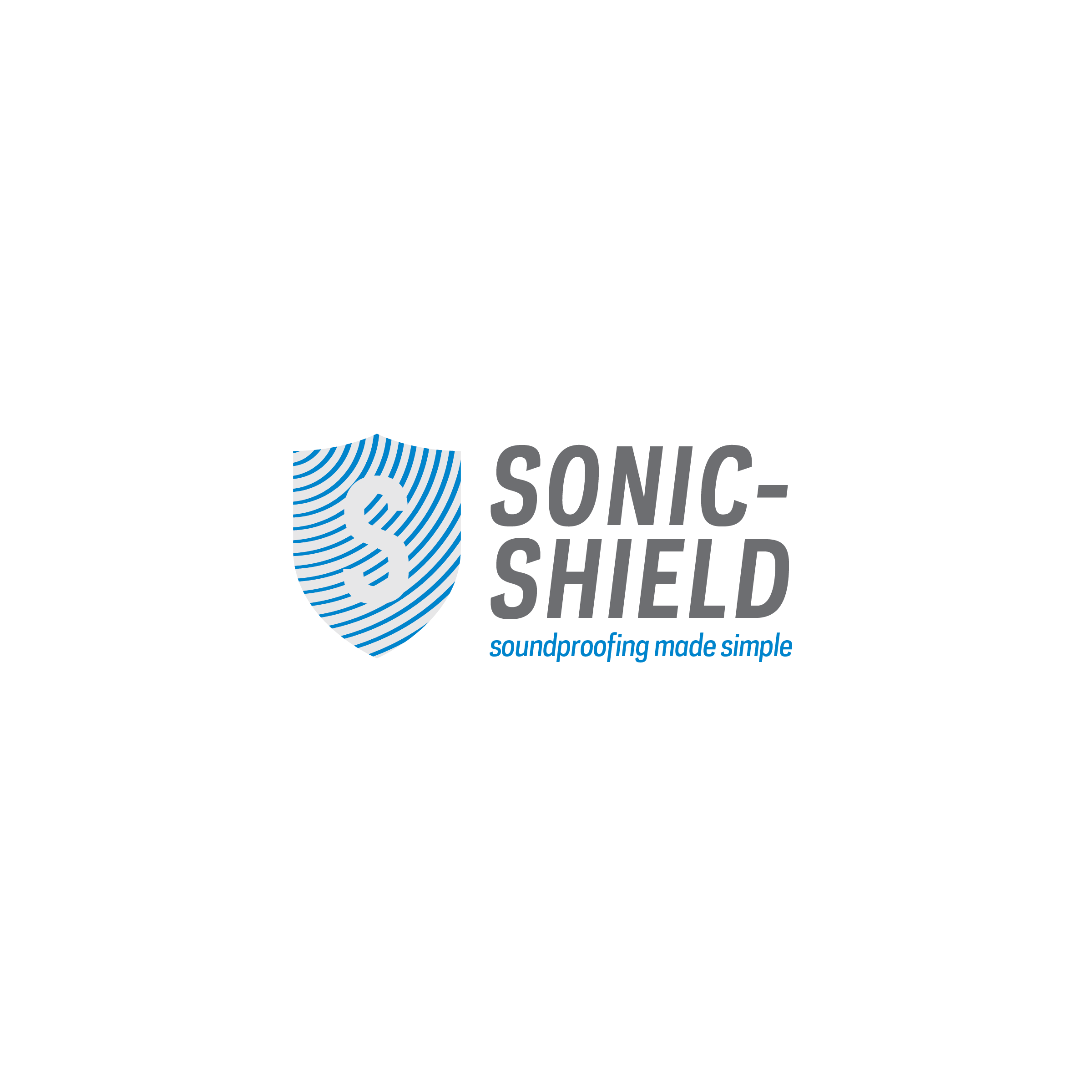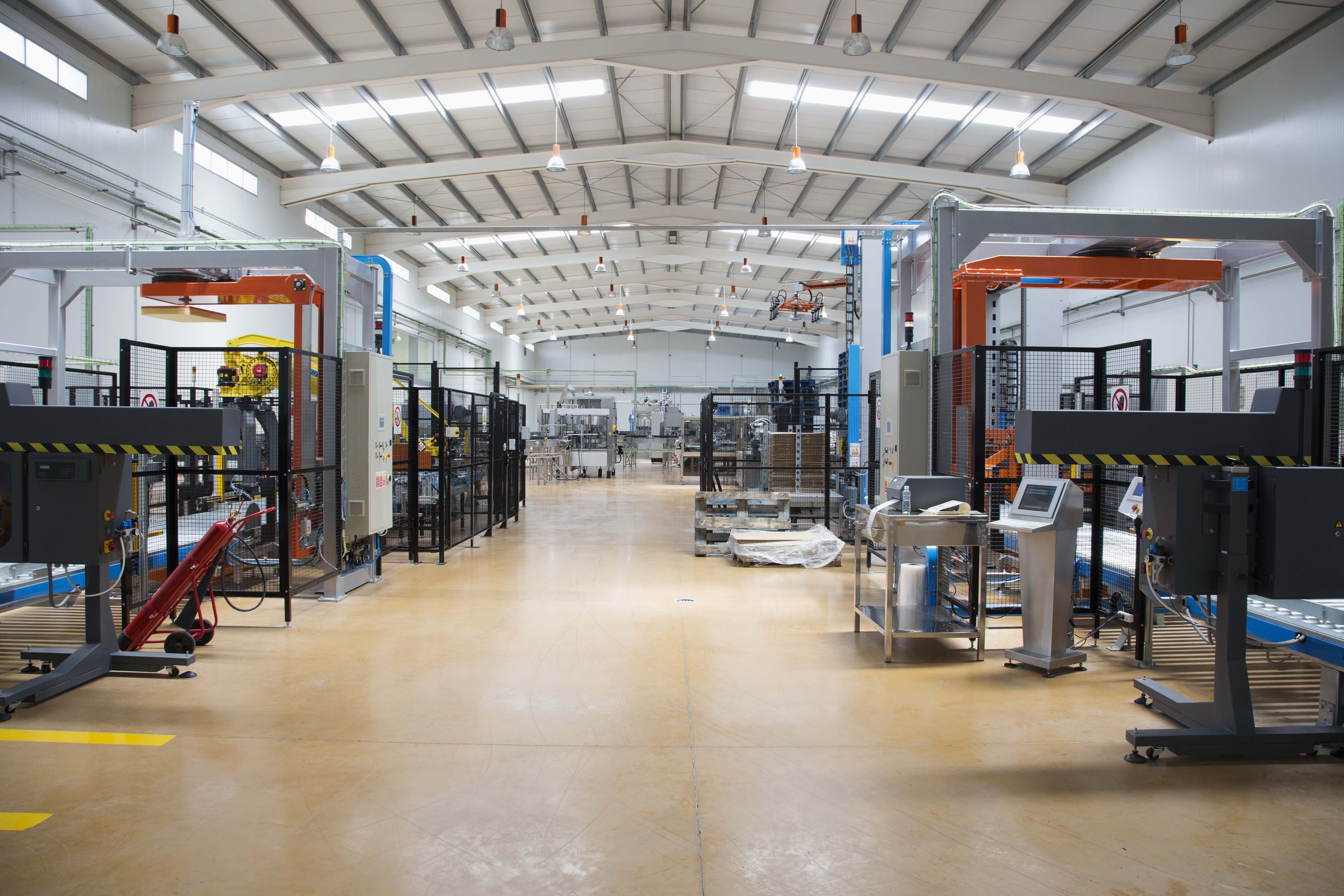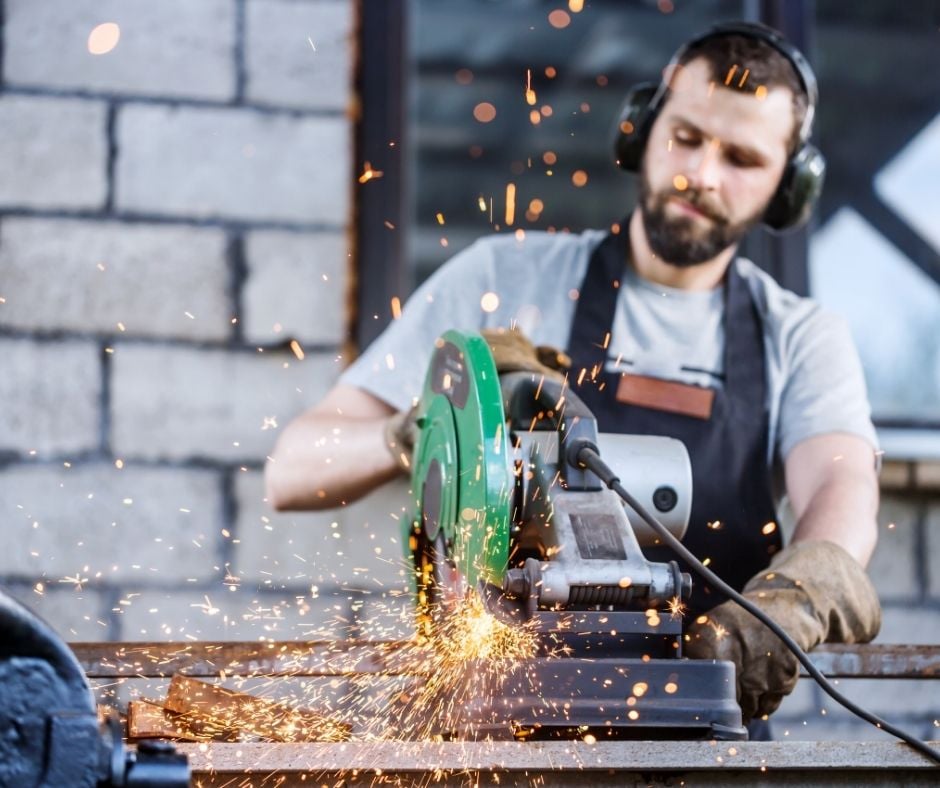
We all get busy, but as plants and manufacturing facilities ramp up due to increases in demand, being tempted to take soundproofing shortcuts can actually cut into profits in the long run, creating lost productivity – and even fines.
There are many reasons you may need industrial soundproofing for your factory. Maybe your facility is located in a residential area where noise needs to be carefully controlled. Maybe your particular industry generates a high level of noise and you need to lower your employees’ exposure. Or maybe your manufacturing plant runs for twenty-four hours a day, requiring noise reduction around the clock, especially at night.
Why Is Manufacturing Plant Soundproofing Important
Factories typically have high ceilings with many hard, reflective surfaces. Boilers, hydraulic vats, elevator equipment, exhaust systems, punch presses, generators, engines, drills and other machines all create noise that bounces off surfaces and back into the space, interfering with production.
Further, the noise can be hazardous to the health and safety of employees. Employees can’t communicate effectively, resulting in unnecessary accidents and over time, exposure to loud noise can permanently damage hearing.
How Can Soundproofing Help Your Manufacturing Plant?
Soundproofing can …
- Provide a safe work environment by helping to reduce accidents caused by poor communication
- Prevent hearing loss
- Increase productivity by decreasing distractions
- Reduce complaints from neighboring businesses and residents
What Soundproofing Solutions Are Available?
Soundproofing materials are selected based upon the type of noise and its acoustical characteristics. If the noise is a result of a structural vibration, it is often easier to eliminate, re-tune or damp the vibration. This can be done by adding stiffness to the structure to stop the vibration, adding mass to the structure to tune it to a much lower natural frequency, or adding damping materials to absorb or isolate the vibration and sound energy.
Sonic-Shield™ Noise Barrier, for example, is a flexible mass loaded vinyl (MLV) that reduces the transmission of noise through walls, panels, partitions, and enclosures. It won’t shrink, rot or cause metal corrosion and also features a strong resistance to adverse environmental conditions, oils, some acids and alkalis.
Our Sonic-Fiber Noise Absorber is a semi-flexible non-asbestos mineral wool that provides greater sound attenuation than fiberglass bats or urethane foam. Hydrophobic, fire resistant and mold-resistant, our noise absorber is available with an encapsulant which protects the fibers and acts as a vapor barrier.
Protecting Your Bottom Line
As discussed previously, beyond the human cost of excessive noise in the workplace, there are also the financial implications to consider. According to OSHA, ‘Twenty-two million workers are exposed to potentially damaging noise at work each year. Last year, U.S. businesses paid more than $1.5 million in penalties for not protecting workers from noise. While it's impossible to quantify the human toll of hearing loss, an estimated $242 million is spent annually on workers' compensation for hearing loss disability.’
Additionally, there is a direct correlation between the value of a business and how much risk is associated with that business. Lower risk means a higher valuation.
A Customized Approach
Manufacturing plants are often complex facilities, requiring individualized noise control solutions. For every reason why you would need to solve for each of the many different types of industrial noise, there exists a solution. As such, it’s important to consult experts in the field of industrial acoustics to solve for each individually.
Contact one of the soundproofing experts at Sonic-Shield today to find the solution that's right for you.




